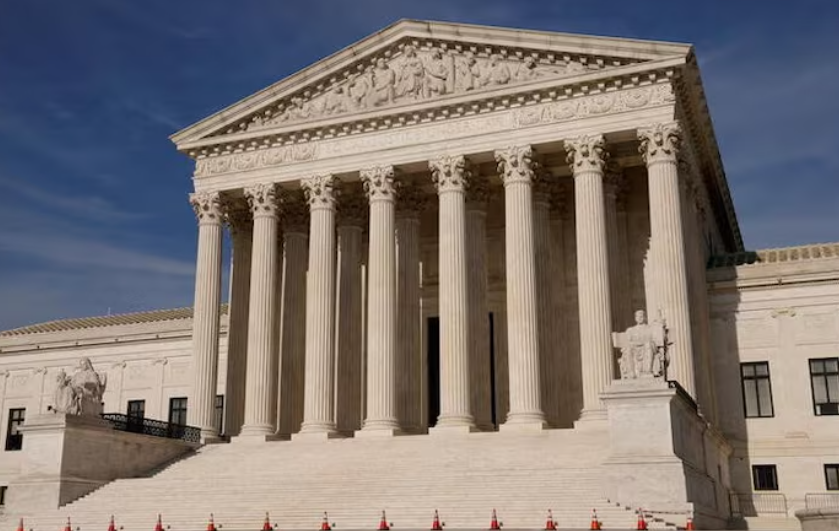In a pivotal moment for economic regulation in the United States, the Supreme Court’s decision in Munn v. Illinois (1877) affirmed the authority of states to regulate private industries that serve the public interest.
This case stemmed from Illinois legislation enacted in 1871, which established maximum rates that private companies could charge for storing and transporting agricultural goods.
The case arose when Munn, a grain warehouse operator, was found guilty of charging rates that exceeded the limits set by state law. Munn appealed the decision, contending that the Illinois law constituted an unconstitutional taking of property without just compensation, violating the Fourteenth Amendment.
In a landmark ruling, the Supreme Court upheld the Illinois statute by a 7-2 vote, affirming that states have the authority to regulate private enterprises when their operations significantly affect the public welfare. Chief Justice Morrison Waite, writing for the majority, reasoned that because storage facilities, such as Munn’s grain warehouse, were dedicated to public use, they fell within the regulatory reach of the state.
This landmark ruling established that the public interest could outweigh private property rights when necessary to ensure fair pricing and access to essential services.
The Court’s decision in Munn v. Illinois was crucial in delineating the balance between private enterprise and public regulation. It set a precedent that allowed states to impose regulations on various businesses operating within their borders, particularly those that provided essential services to the community, such as transportation and storage of agricultural products.
This case marked a significant moment in U.S. legal history, as it laid the groundwork for the regulatory framework that would govern industries across the nation. The ruling underscored the principle that private enterprises, while operating for profit, could be held accountable to the public interest—a concept that continues to resonate in contemporary legal and economic discussions.
As a result of Munn v. Illinois, the state gained a powerful tool to regulate monopolies and prevent exploitation in the marketplace, leading to a broader acceptance of state intervention in economic matters.
This case remains a cornerstone in the discussion of regulatory law, influencing subsequent legal decisions and shaping the relationship between private business operations and government oversight.

